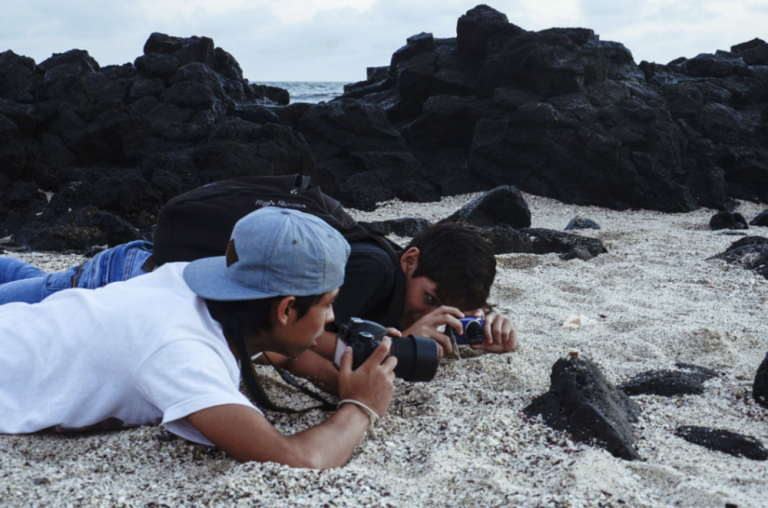
Young Photographers of Galapagos use photography as a conservation tool
High school students are developing their artistic vision and becoming ambassadors for conservation.

High school students are developing their artistic vision and becoming ambassadors for conservation.
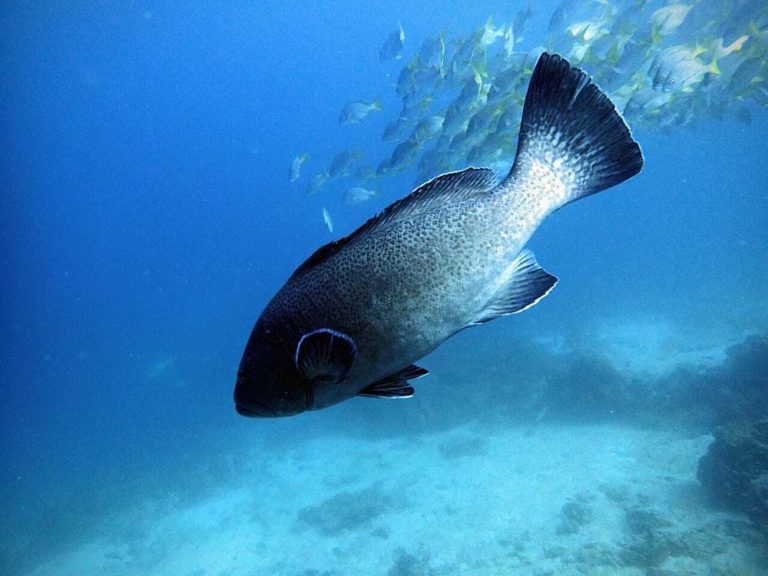
Researchers are studying the health and population status of the most important species in Galapagos coastal and deep-sea fisheries, and are developing innovative approaches to

A novel program is providing intensive professional development opportunities for teachers throughout Galapagos, and is helping young people to understand the interconnectedness of social, environmental,

A multi-institutional clean-up supports the conservation of unique highland ecosystems.

Shark Count brings researchers, guides and tourists together to document changes in the abundance and distribution of sharks, sea turtles, rays and other species in
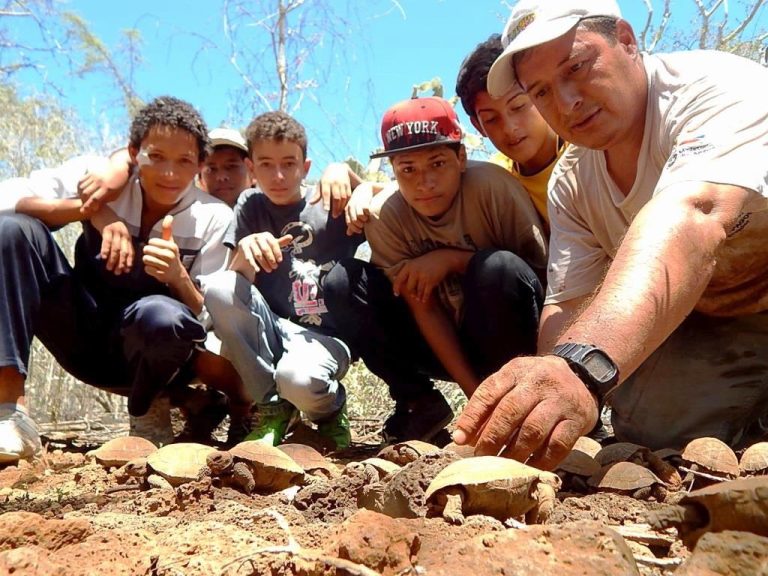
Annual outdoor ecology camps are building students’ knowledge and skills, and are changing attitudes in favor of the environment.
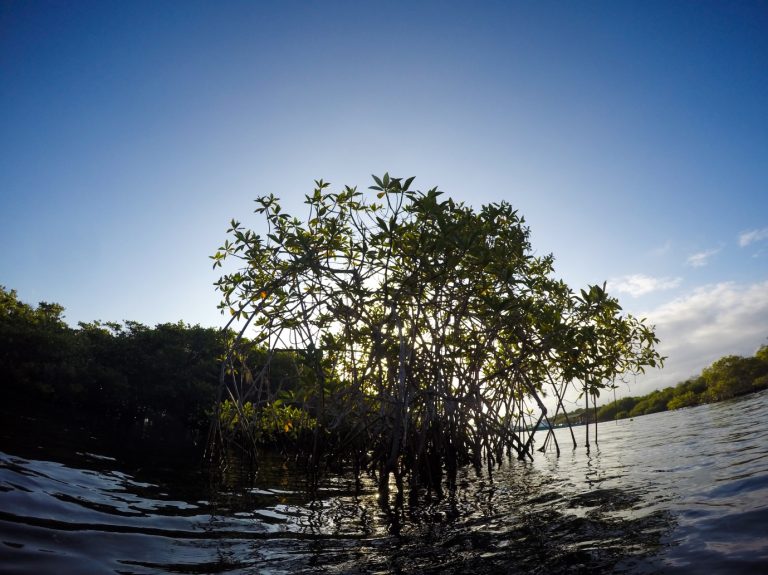
An interdisciplinary group reveals the contribution of mangrove ecosystems to carbon sequestration, sustainable fisheries and tourism, thus making a case for conservation based on both
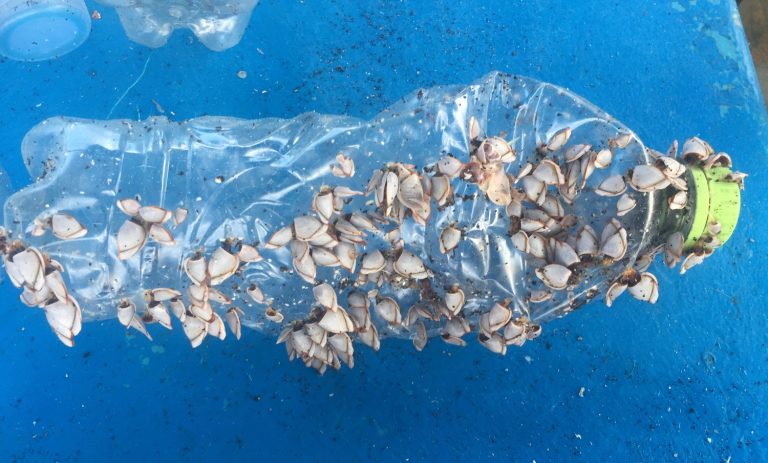
Marine hitchhikers have made a home on approximately 25% of the plastic waste that washes up on the beaches of Galapagos.
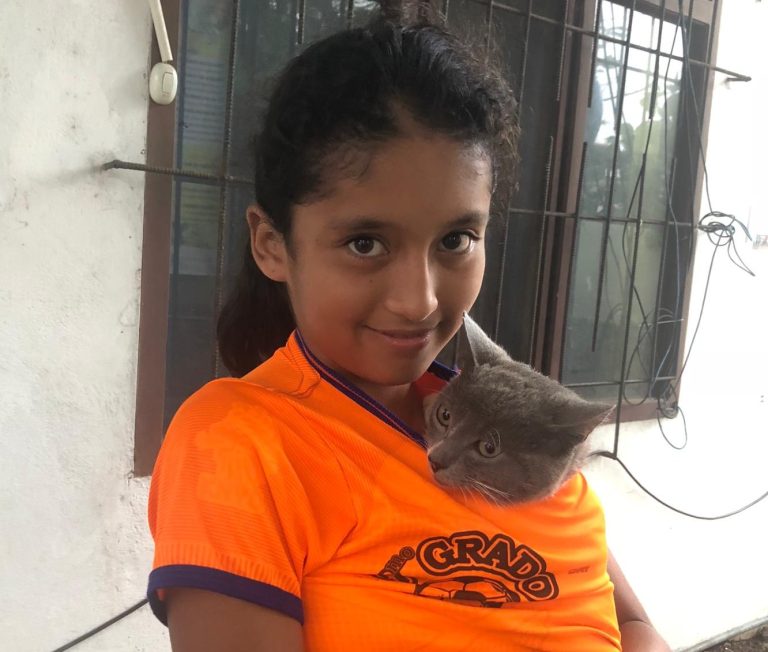
By conducting sterilization surgeries, managing pet health and teaching about proper pet care, veterinarians support conservation in Galapagos. Darwin Animal Doctors is instilling a passion
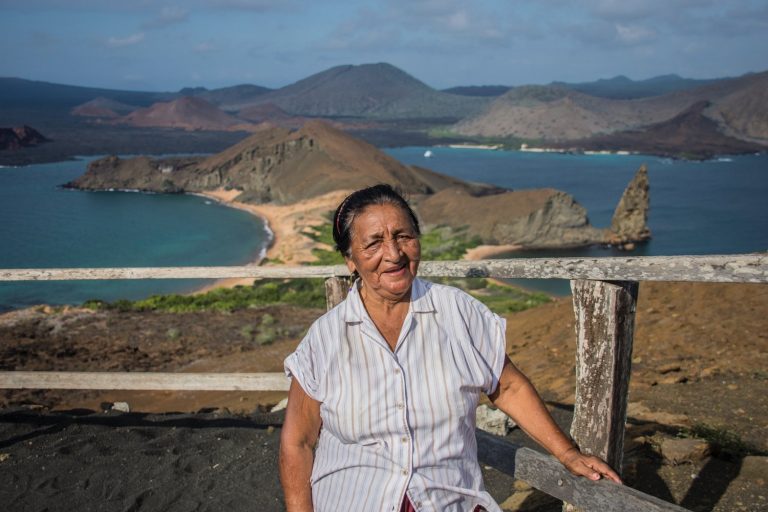
The Galapagos National Park Directorate provides the local community the chance to experience the Islands as a tourist, and to learn about efforts to preserve
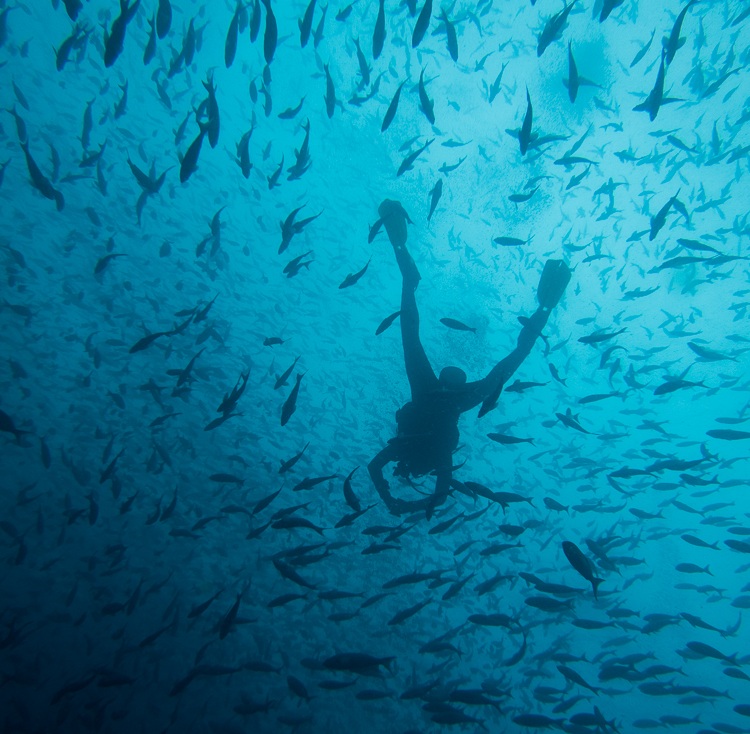
How can we ensure that dive tourism doesn’t negatively impact the marine environment? The DiveStat program seeks to answer this and other important questions.
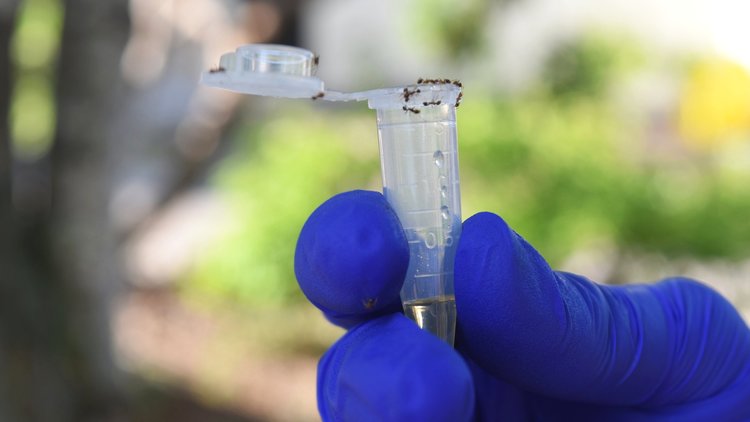
The Galapagos Biosecurity Agency prevents ant invasions through comprehensive monitoring, strict enforcement, and education.
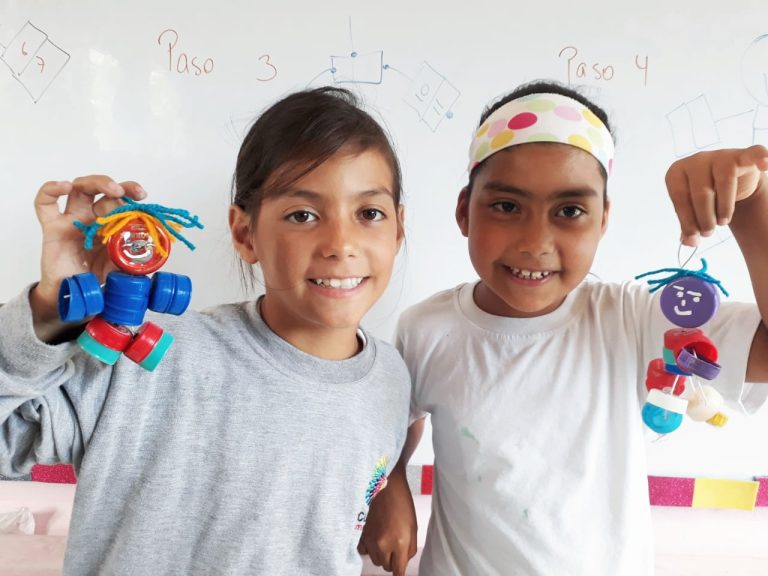
GECO Galapagos uses community-based social marketing to reduce plastic consumption among diverse sectors of society.
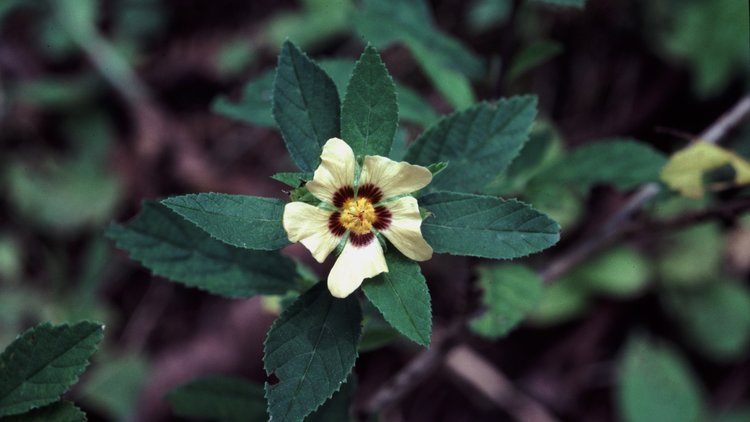
Researchers and farmers are working together to ensure the most secure and effective use of agrochemicals.

Twelve governmental and non-governmental organizations have developed a new strategy for managing the yellow-fin tuna fishery, using an approach based in the principles of environmental

High school students are studying different theories of identity, connecting culture and the environment, and reviewing the human history of the Islands.
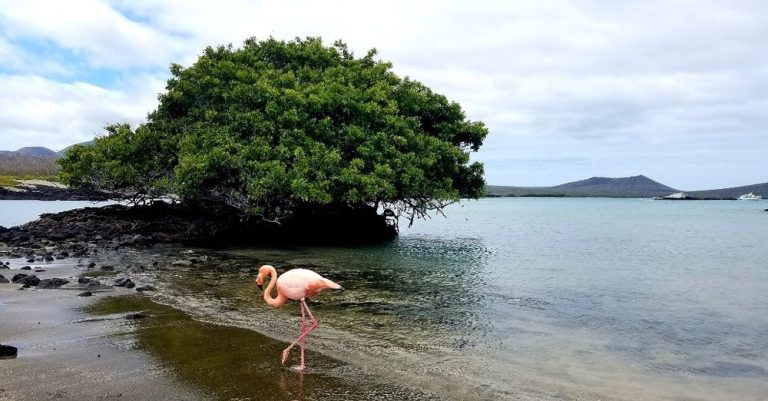
A small community participates directly in the management of Galapagos protected areas.